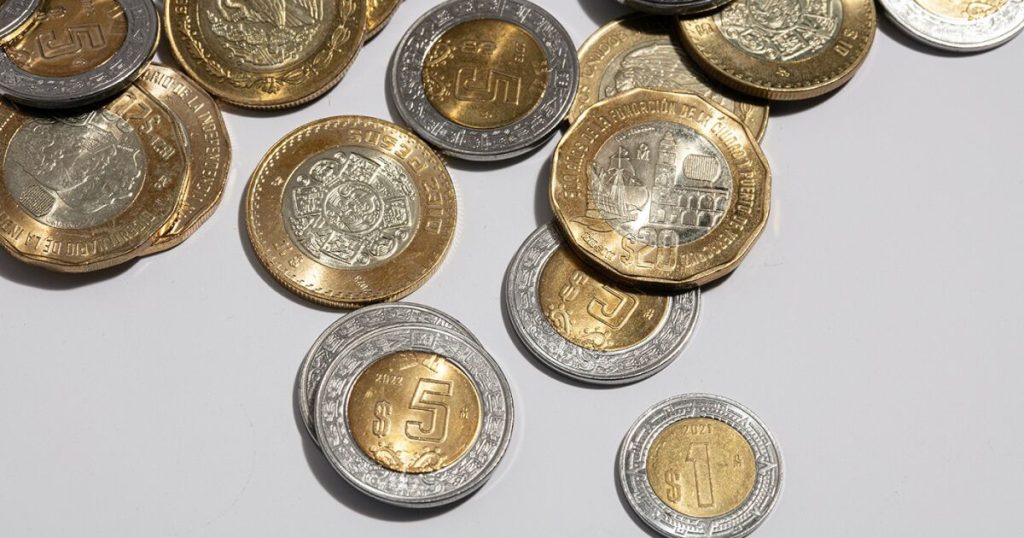The regime of Daniel Ortega and Rosario Murillo sent a bill that is already within the Legislative Branch to control remittances sent to Nicaragua. The initiative is a reform to the Anti-Money Laundering Law (Law 977) and the Law of the Financial Analysis Unit (976), which will be approved in the next few days by the Sandinista steamroller.
The dictatorship, through the reform, will modify 12 articles of the Anti-Money Laundering LawFinancing of Terrorism and Financing of the Proliferation of Weapons of Mass Destruction. Accordingly, the Financial Analysis Unit (UAF) will monitor the agencies that receive remittances entering the country and force them to provide detailed accounts.
Among these details, the government will easily be able to ask the remittance agencies for information about the clients who send remittances and the recipients (families) in Nicaragua.
«Supervisors are directed to establish standards for obtaining information on originators and beneficiaries of electronic transfers, remittances and virtual asset service providers.»the document states.
Related news: Family remittances grow by 11.9 percent in the second quarter of 2024
Among the changes that the Ortega government will impose on the agencies is the implementation of their risk prevention programs for the entire Group, including all its branches, subsidiaries, majority-owned affiliates and representative offices abroad.
Financial agencies will pay dearly if they deny information
This modification to Law 976 ordered by the Ortega regime will also allow the creation of profiles of remittance senders and beneficiaries within Nicaragua, the freezing of money in an expeditious manner and the reporting to the Police and the Prosecutor’s Office of those whom the regime considers «suspects».
In article 9 referring to the «obliged subjects»the Law will mandate agencies to provide information about their clients to the UAF «without being able to claim any kind of reserve or secrecy»so from now on the State can order the immobilization of funds or assets of natural persons, legal entities or organizations.
In case of refusal, the initiative warns that the agencies, managers and directors of the remittance agencies will be administratively and criminally sanctioned by the UAF, «especially those who refuse the process of identifying the client and the final beneficiary».
Furthermore, in Article 32 the regime prohibits financial institutions and other agencies from having any type of contact with similar businesses from other countries that are not duly registered, and foreigners are required to do so. «comply with the requirements demanded by its prudential regulator in Nicaragua».
Related news: Remittances to Central America reach record figures and become a lifeline for families
Nicaragua received more than US$1.14 billion in remittances in the first three months of 2024. This is equivalent to 11.8% more compared to the same period last year, which was US$1.02 billion, according to the Central Bank of Nicaragua (BCN).
According to the latest report from the BCN, the main countries of origin of remittances received in the quarter continued to be the United States with US$1,113.6 million, representing 83.3% of the total; followed by Costa Rica, with US$95.4 million (7.1%); Spain, with US$75.2 million (5.6%); Panama, with US$13.9 million (1.0%); and Canada, with US$9.6 million (0.7%), which together represented 97.8%.

















